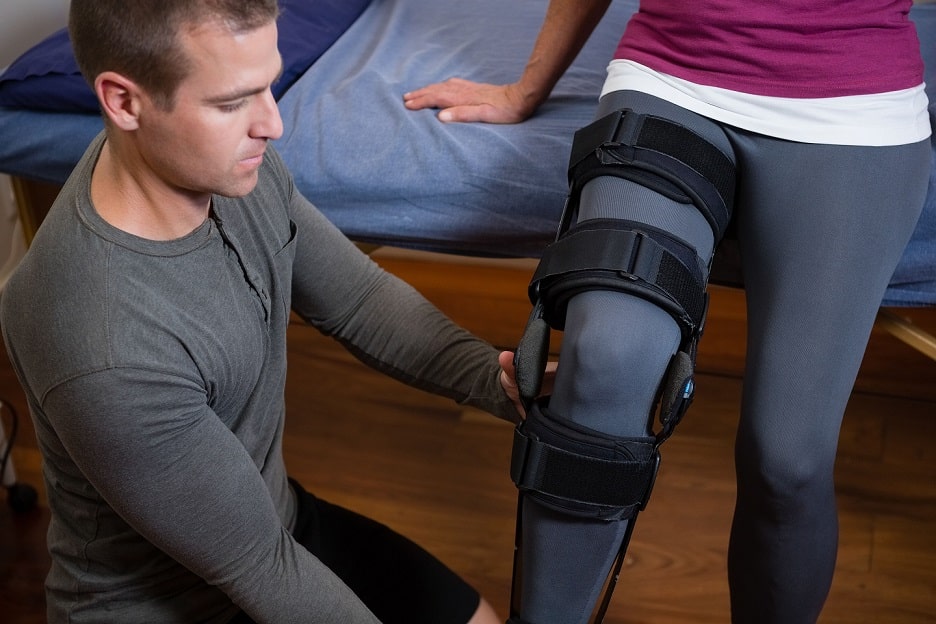 We deal with various types of personal injury claims including road traffic accident claims. We deal with claims on behalf of injured motorcyclists or cyclists. If, as a motorcyclist or cyclist, you were injured in an accident that was not your fault, then you may be entitled to claim compensation. You can still make a claim though even if you were not wearing a helmet. Obviously you should have been wearing a helmet and this will be taken into account, but a failure to wear a helmet (or other protective clothing/equipment for that matter) will not stop you from making a claim and being successful in recovering compensation.
We deal with various types of personal injury claims including road traffic accident claims. We deal with claims on behalf of injured motorcyclists or cyclists. If, as a motorcyclist or cyclist, you were injured in an accident that was not your fault, then you may be entitled to claim compensation. You can still make a claim though even if you were not wearing a helmet. Obviously you should have been wearing a helmet and this will be taken into account, but a failure to wear a helmet (or other protective clothing/equipment for that matter) will not stop you from making a claim and being successful in recovering compensation.
In this type of scenario something called “contributory negligence” may apply. Basically the Defendant is likely to argue that you were contributory negligent due to your failure to wear a helmet. A failure to wear a helmet could mean that your injuries are more severe/serious, in comparison too wearing a helmet. The more serious the injury and effect on your life, the more your claim is likely to be worth (there are other factors to consider in terms of valuing a claim such as litigation risk).
The Defendant is likely to argue that there should be some deduction from your claim to account for the contributory negligence of failing to wear a helmet. The amount of this deduction is to be agreed between the parties or decided by a Court. Contributory negligence can never be a complete defence, i.e. you cannot be 100% contributory negligent. Say for example that a liability split of 60/40 is agreed in your favour. This would mean that you accept that you are 40% to blame (contributory negligent) for the accident or extent of injury that you sustained. This means that 40% would then be deducted from any settlement amount the Defendant pays out.
This will usually be done as follows – the insurers will come up with a value for your claim at 100% level (say £1,000 for illustration purposes). The insurers will then deduct 40% for your contributory negligence (equates to £400) and make an offer in the sum of £600. Therefore you can see how contributory negligence can affect the amount of compensation that you receive/are offered. Obviously it is for the Defendant to raise contributory negligence in the first place and for both parties to argue the amount of contributory negligence (i.e. 10%, 20%, etc).
It is generally accepted in law that, for a deduction to be made (due to contributory negligence) the Defendant must prove that the failure to wear a helmet would have contributed to the Claimant’s injuries or made them less severe. This may seem easy to satisfy, but with cyclists it has proved difficult to satisfy in past cases. Only recently in the case of Reynolds v Strutt and Parker did the Court apply a deduction in damages for an injured cyclist. However this accident did not involve a motor vehicle, only other cyclists. Therefore the speed was relatively low and it was within the speed that cycle helmets are tested at. Therefore it could be shown that the helmet would have reduced the severity of the injury. If it was an accident with a car at higher speed then a Court may come to the decision that the helmet would not have made a difference to the injuries and therefore no contributory negligence would apply.
If no head injury was sustained, the Defendant would find it hard to argue that your failure to wear a helmet has made your injuries worse though.

 We deal with various types of personal injury claims including
We deal with various types of personal injury claims including 









